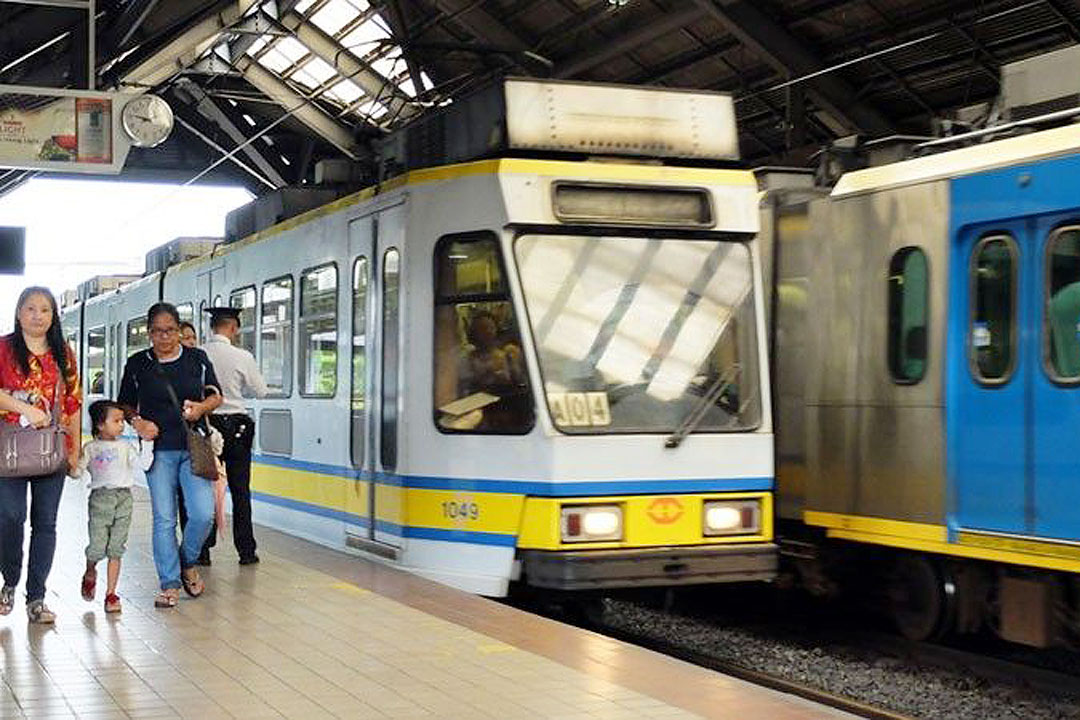Business chambers see amended PSA improving FDI climate

BUSINESS CHAMBERS said they expect the liberalization of the Public Service Act (PSA) to enhance competition and attract more investment, particularly in the industries opened up to expanded foreign ownership.
The German-Philippine Chamber of Commerce and Industry (GPCCI) said in a statement on Tuesday that the PSA amendments, signed into law on Monday, will help “attract global players” to help modernize industries like telecommunications, shipping, air carriers, railways, and subways.
It added that increased competition will ultimately result in improved operations and competitive pricing for such services.
“The passage of the amendments of the PSA harmonizes with the recently passed amendments to the Retail Trade Liberalization Act (RTLA) and Foreign Investment Act (FIA). With these laws enacted, we are confident that the country can attract many investors in various sectors and will benefit Filipinos by improving basic services and creating more jobs,” GPCCI President Stefan Schmitz said.
On Monday, President Rodrigo R. Duterte signed Republic Act No. 11659, which amended the 85-year-old PSA.
The amendments removed public services such as telecommunications, domestic shipping, railways and subways, airlines, expressways and tollways, and airports from the public utility category. As a result, these services can now be fully owned by foreigners and are no longer covered by the 40% foreign ownership limit for public utilities set by the 1987 Constitution.
The amended PSA is the third law in the economic liberalization program, following the amended FIA and RTLA. These measures are touted as aiding the economic recovery.
Lars Wittig, European Chamber of Commerce of the Philippines president, said the amended law will help the chamber’s efforts to attract European investors to the Philippines.
“We believe this is the most important bill for foreign investments… and we do believe that it will drive the massive influx of foreign capital into the sectors of aviation, shipping, and telecommunications. There will be more competition (and) greater investments,” Mr. Wittig said in a television interview on Tuesday.
“We know that now the ball is in our court to guide these investors to (the Philippines). We are on the frontline here to make foreign investors aware and to bring them here because they are already coming to Association of Southeast Asian Nations (ASEAN). We need to gravitate them here to the Philippines also,” he added.
Alfredo E. Pascual, Management Association of the Philippines president, said in a statement that the entry of foreign investors will benefit consumers, generate more jobs, boost the economy, and accelerate the economic recovery.
“Along with the recently amended RTLA and the FIA, the amended PSA provides a legal framework to encourage the inflow of more foreign investments into the country,” Mr. Pascual said.
“A more open Philippine economy will enable us to catch up with our more progressive neighbors in ASEAN,” he added.
Trade Secretary Ramon M. Lopez said in a Viber message to reporters that the amended PSA will “surely attract more investments and more jobs for Filipinos.”
“This is another landmark reform under the Duterte administration as it finally opens up, after 85 years, critical sectors such as telecommunications and transportation, shipping, railways, to more foreign players, allowing greater competition, more technology-based innovations, better quality services and lower costs that will be enjoyed by all consumers and users,” Mr. Lopez said.
“Initial investment leads will be over $60 billion, composed of telecommunications, transportation, logistics, and railway (sectors). This is still understated as other leads have not indicated investment amount. (These) can be over $100 billion (in) over two years,” he added.
In a statement, Socioeconomic Planning Secretary Karl Kendrick T. Chua said the amended PSA will help improve services in transportation and telecommunications.
“The completion of the economic liberalization bills will revitalize our economy and encourage more investment and innovation as we continue to recover from the COVID-19 pandemic. The measures will also strengthen our domestic economy against external shocks, such as the Russia-Ukraine crisis,” Mr. Chua said.
According to the National Economic and Development Authority (NEDA), there are safeguard provisions to address national security concerns arising from the entry of foreign investors.
“First, the power of the President to suspend or prohibit any investments in a public service in the interest of national security upon the review, evaluation, and recommendation of the relevant government agency. Second, the provision on restrictions on investments by foreign state-owned enterprises (SOE) prevents a foreign SOE from owning capital stock in a public utility or critical infrastructure,” NEDA said.
“Third, the provision on information security ensures entities engaged in the telecommunications business meet relevant ISO standards. Fourth, the reciprocity clause prevents foreign nationals from owning more than 50% of capital in critical infrastructure unless the country of such foreign nationals accords reciprocity to Philippine nationals. Lastly, the performance audit provision mandates the conduct of an independent evaluation to monitor a firm’s cost and quality of services to the public,” it added. — Revin Mikhael D. Ochave



